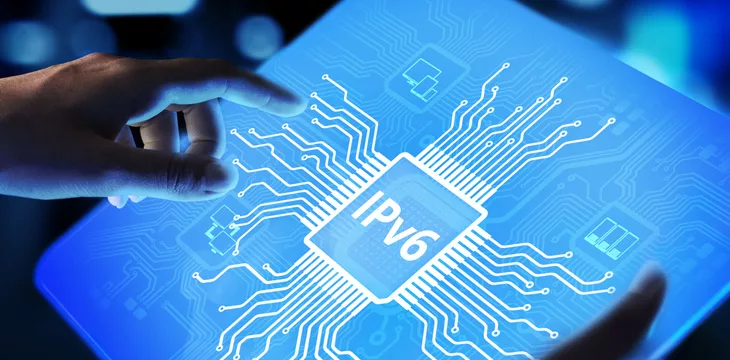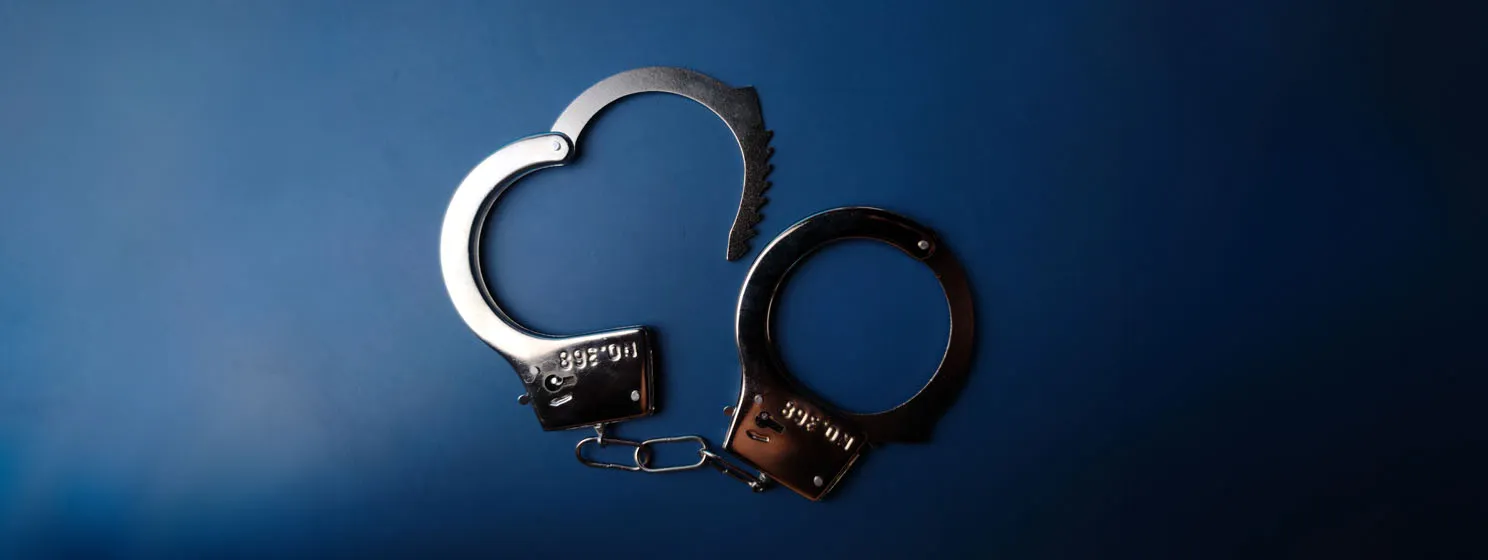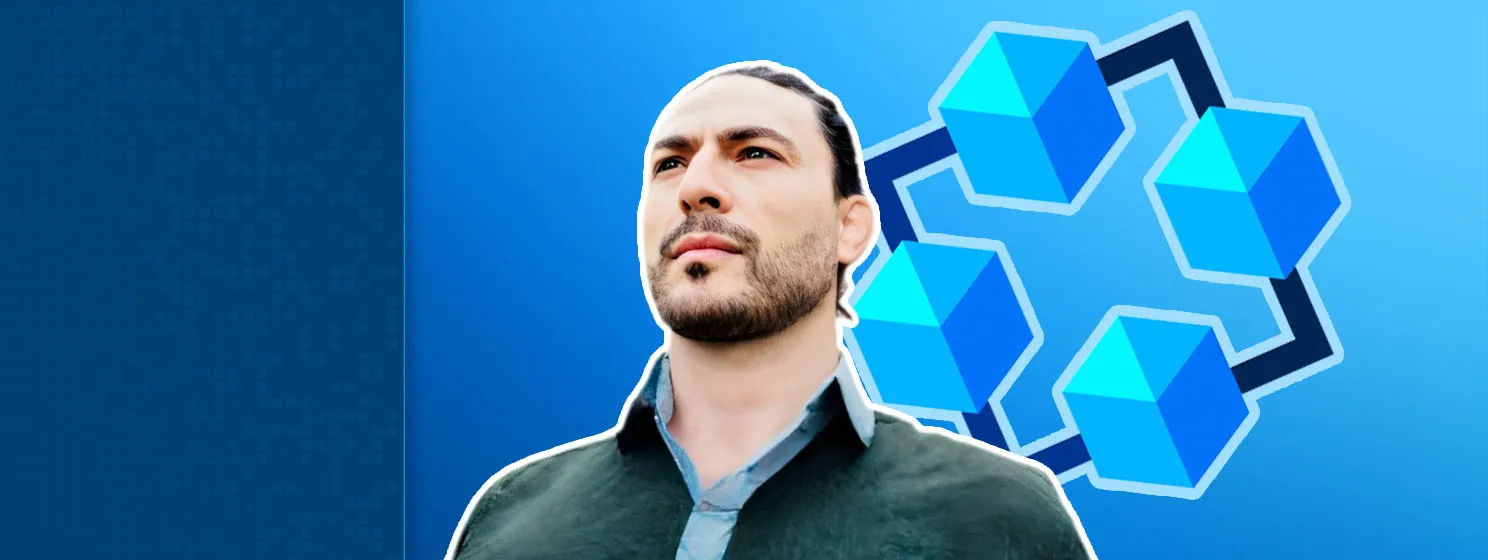|
Getting your Trinity Audio player ready...
|
When it comes to IPv6 adoption, France is the world leader, with an impressive 75% penetration to date. In an effort to continue the momentum of development and advancement of IPv6 in France, IDATE, ARCEP, and the IPv6 Forum have been hosting an IPv6 workshop every year since 2021.
The 2023 edition of the workshop took place at the ARCEP offices on December 7, bringing together over 90 Internet industry professionals and experts.
According to IDATE’s Asmaa Zaher, Director of Studies, the workshop covers several topics, including the importance of IPv6 transition, the IPv6 transition status in France vs. other countries, IPv6 research and development, practical application, and concrete solutions.
“We plan to have a new workshop at the end of 2024. The workshop helps to raise awareness of the need to move to IPv6 and the benefits,” Zaher told CoinGeek.
Each year, the workshop includes many attendees from various backgrounds, and Zaher confirmed in 2023 that they were mostly technical and engineering professionals. She described the attendees as enthusiastic and confirmed they remained in the workshop room for the duration of the event, even spilling into the after-hours to continue the discussions.
“They found the subjects very interesting, with different approaches,” Zaher confirmed.
Representing the IPv6 Forum at the event, Forum Chair Latif Ladid presented the features of the new internet and the benefits of IPv6 and analyzed future global IP trends. When asked to provide details on the IPv6 Forum’s partnership with ARCEP and IDATE, Ladid was happy to share the history with CoinGeek.
“The IPv6 Forum [was] created back in 1999 [by] the French IPv6 Task Force (TF) together with the support of the French Internet Society chapter. The French v6 TF was among the most active group in the world organizing the first IPv6 Summit and deployed IPv6 in the research network called Renater,” he explained.
“Time passed, and the French regulator called ARCEP has formed an IPv6 Task Force in 2020 to accelerate [the] adoption of IPv6, especially requesting from 5G MNOs to commit to deploy IPv6 to get the 5G spectrum, a very unique requirement that other countries should simulate,” he said.
Seeing as IPv6 needs scalable, affordable blockchain technology to achieve the most efficient end-to-end communication, it seems only natural for mass adoption of blockchain to follow in France, the global champion of IPv6 penetration.
“ARCEP is working with IDATE to promote IPv6 in all sectors using certain Barometers. Their focus is now to promote v6 to the enterprises and government,” Ladid revealed.
“ARCEP is exemplary in its approach to show other regulators to play a major role in accelerating v6 adoption to modernize by updating their networks to better deploy P2P IoT and many new technologies such as Blockchain’, he added.
“The future of the internet is closely linked to the transformative potential of blockchain,” added Zaher.
“Blockchain’s decentralized and tamper-resistant nature enhances trust in online transactions, offering transparent and secure ledgers,” Zaher said.
“However, it may face challenges such as scalability and regulatory considerations, requiring careful navigation for widespread adoption,” she suggested.
BSV Blockchain, in particular, was designed by its creator to work in tandem with IPv6 to make reliable, secure P2P transactions a reality for anyone, anywhere in the world. BSV’s unbounded scalability and regulatory compliance are the special ingredients that will enable its widespread adoption in forward-thinking countries like France and beyond.
For more on the New Internet, Blockchain, and IPv6, be sure to tune in to the next
CoinGeek Roundtable on February 15, where Ladid will join as a guest alongside other thought leaders in this space.
Watch: IPv6 is just like the original Bitcoin—both are all about scaling

 08-02-2025
08-02-2025 





